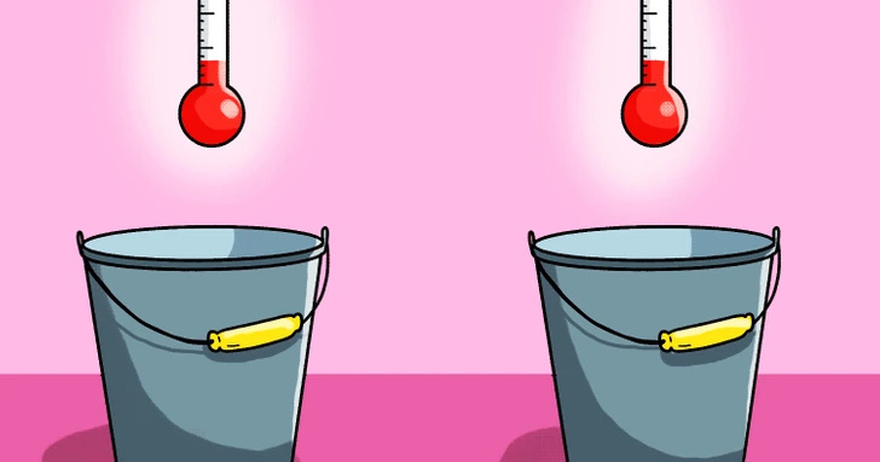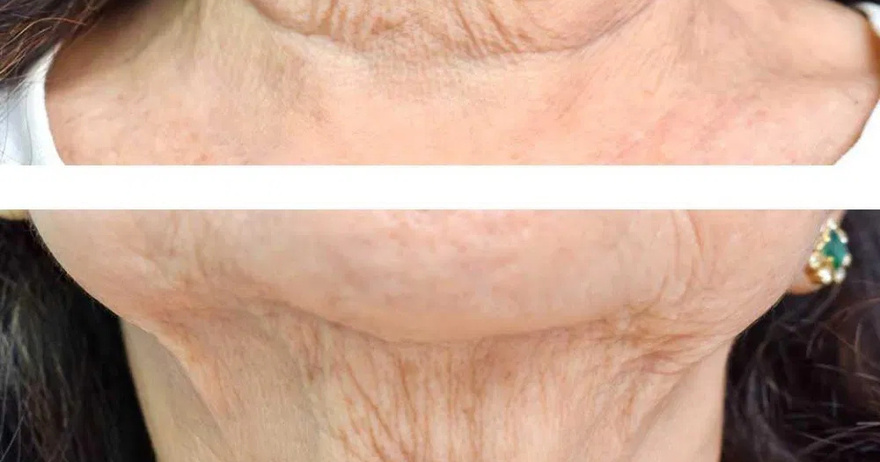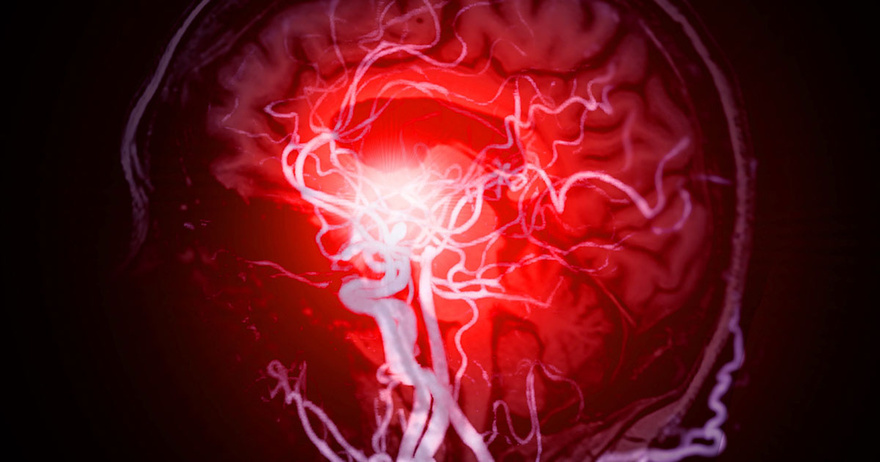The cancer rate for women under age 50 is rising, according to the American Cancer Society. Fortunately, cancer mortality is on the decline, mainly due to early detection. However, many women overlook certain cancer symptoms, especially if they are young and healthy. But this disease can affect anyone at any age, so it’s important to know what signs to look out for. Women are more likely to get breast, endometrial, cervical, lung, colorectal, and skin cancer compared to men. So look out for strange symptoms indicative of these conditions.
Abnormal Vaginal Bleeding

Over 90% of people with endometrial cancer have non-period bleeding. It may not be easy to tell the difference for those with irregular menstrual cycles. Therefore, tracking periods is important for overall female health, and it can also be useful for cervical or vaginal cancer screening. Contact your doctor if you experience abnormally heavy bleeding, bleeding between periods, bleeding during intercourse, or bloody discharge. Additionally, people after menopause shouldn’t experience vaginal bleeding or spotting at all, according to the MD Anderson Cancer Center. Seek medical attention if this occurs.
Constant Fatigue

It’s normal to feel tired after a busy week, or if you’re experiencing burnout. However, regular fatigue should go away after proper rest and rejuvenation. But if nothing seems to help alleviate the exhaustion and it’s interfering with your job, hobbies, and overall quality of life, speak to your doctor. Don’t keep blaming your hectic schedule and hope “one restful night’s sleep” will fix it.
Breast or Nipple Changes

Breast cancer is most commonly found in women, and its symptoms are often discovered by accident. For example, lumps in the breast or armpits can be noticed during bathing, shaving, intimacy, or even itching. At the same time, look out for other abnormalities in that area, such as swelling, nipple discharge, dimpling skin, pain, itchiness, redness, skin thickening, and nipples that point inward.
Urinary Changes

Women tend to associate the symptom of urinating frequently with pregnancy, not cancer. However, a tumor can put pressure on the bladder in the same way fetuses do. If you’re not pregnant or haven’t recently started drinking more liquids, speak to a medical professional. Increased urination is also a common symptom of diabetes, which would require immediate attention. Other symptoms of cancer can resemble those of urinary tract infections, including pain during urination and trouble with emptying the bladder.
Bowel Changes

Bowel disorder symptoms are more common in women than men, according to a 2018 scientific review, but they should not be confused with signs of cancer. People used to hemorrhoids, irritable bowel syndrome (IBS), or inflammatory bowel disease (IBD) shouldn’t dismiss their symptoms if there’s a persistent change in their bowel habits (or suddenly a new habit where there used to be none). This can include: constipation, diarrhea, abdominal pain, weakness, tiredness, unexplained weight loss, and thin or bloody stool.
Abdominal, Pelvic, or Back Pain

Many women may be accustomed to this kind of pain if they have endometriosis or severe menstrual cramps. However, ongoing discomfort and pain in the abdomen, back, or pelvic area could be indicative of ovarian, colorectal, or endometrial cancer, according to WebMD. This is often accompanied by symptoms pertaining to the digestive system, including gas, bloating, cramps, and unexplained weight loss.
Night Sweats

People going through menopause or pregnancy may be no stranger to night sweats. This experience may feel similar to the furious sweating of a breaking fever. However, it can be annoying to sweat through pajamas and bed sheets every other night. If you are experiencing night sweats without a clear cause, speak to your doctor since this may be a sign of lymphoma or leukemia.
Changes in Appetite

Appetites can shift depending on the type of cancer involved. Some people may experience appetite loss while others feel full all of the time. This could be symptomatic of ovarian cancers, or others in the abdominal region. Additionally, tumors can make swallowing difficult, lead to mouth sores, or change how food smells and tastes, according to the National Cancer Institute. Plus, certain cancers can release hormones that inhibit the body’s ability to notice when it’s hungry.
Weight Loss

Healthy and deliberate weight loss can actually reduce the risk of cancer. However, sudden and unintentional weight loss could be a cancer symptom that deserves medical attention. Of course, women with the cancer symptom of appetite loss can unintentionally slim down. But that is not the only cause. Cancer can cause changes to metabolism, or take extra energy to sustain itself, according to a 2018 study. So people may be maintaining the same diet and fitness level and still shedding pounds.
Skin Changes

Skin cancer can come in many forms and on any part of the body, including on the scalp, fingernails, and between your toes. However, many skin abnormalities come and go, and don’t warrant any concern. To be symptomatic of skin cancer, according to Cancer Research UK, the sore should look unusual, itch, bleed, hurt, crust, or scab without healing after four weeks. It can also come in the form of a freckle or mole that unexpectedly changes in appearance.
Cancer symptoms or something else?

Bear in mind that most cancer symptoms are vague and could be attributed to many other health conditions. So don’t jump to conclusions if you relate to some items on this list. Instead, speak to a health professional about your experiences, including how long the symptoms have been going on and their severity. Doctors should help find the cause of your ailment, whether it’s cancer or something else. If you feel they aren’t taking your concerns seriously, get a second opinion from another licensed professional.





























